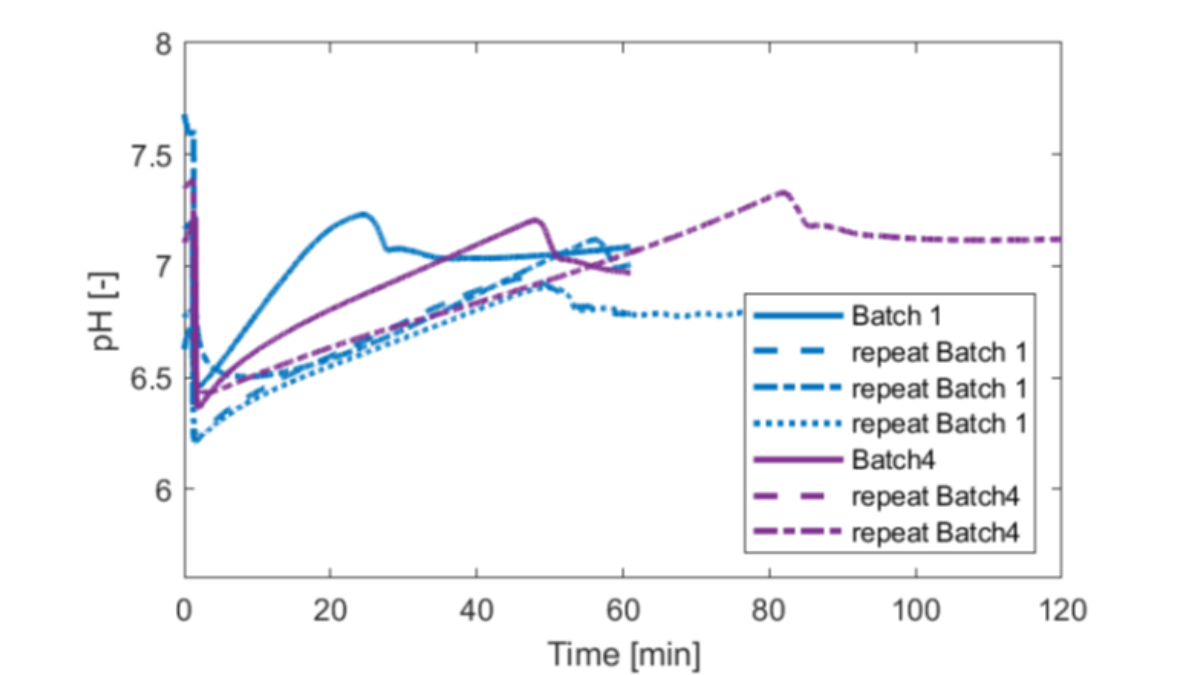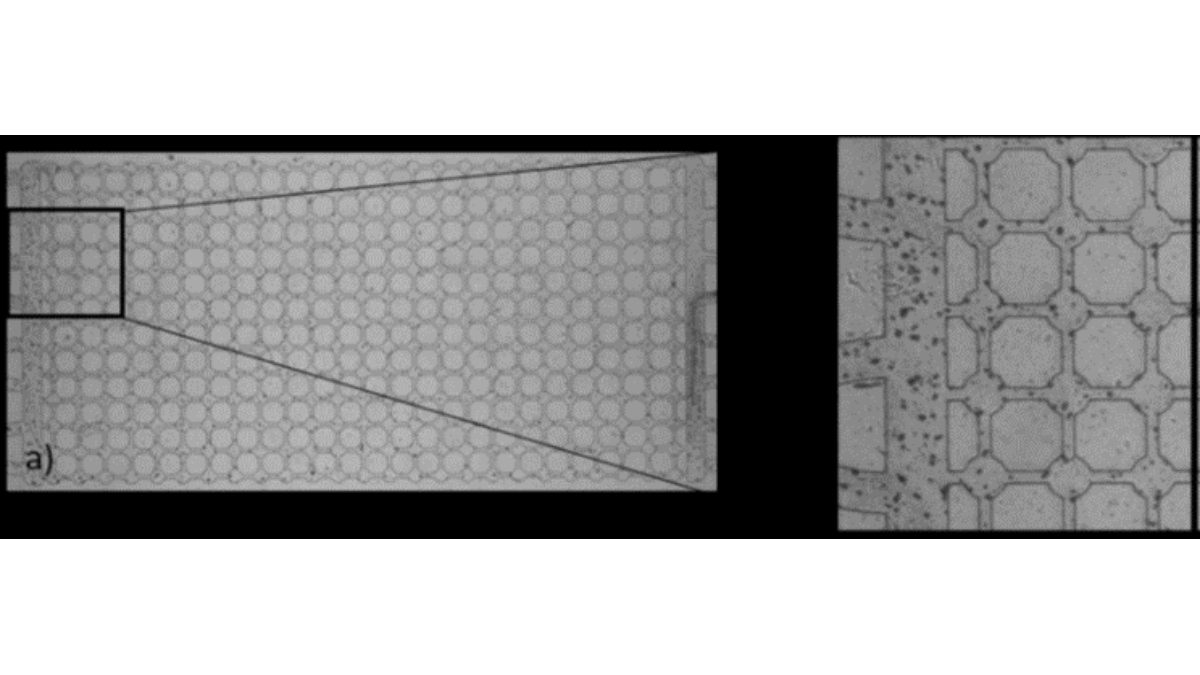People
Jingxuan Deng
Duration
November 2020 - December 2020
Research
About this project
Induced calcite precipitation has been widely investigated for subsurface engineering applications, such as soil stabilization or geological gas storage in the presence of conductive faults. The calcite precipitation can be induced
enzymatically which is referred to as EICP, or microbially which is known as MICP.
While the basic mechanism of precipitating carbonates altering the pore morphology is similar as in EICP, the MICP technology is more complex in application and in particular in describing the impacts on porous-media properties. MICP involves the growth of bacteria and biofilms that have also an influence on the evolving pore space, however not the same as the precipitated carbon. Recently, we have developed an experimental procedure for conducting microfluidic experiments to monitor the evolution of calcium carbonate and pressure during the EICP process.
The primary aim is establishing a work flow for investigating the porosity-permeability relation during the precipitation process. And from the experiments so far, we were already successful in observing and measuring the decrease of porosity and permeability during the precipitation process. In the scope of the project proposed here, we would like to extend this experimental procedure for the microfluidic experiments with MICP, which includes the handling of the bacteria S. Pasteurii in collaboration with laboratory partners at the University of Stuttgart.
For further information please contact

Holger Class
apl. Prof. Dr. Ing.Project Leader, Research Project C04, Central Project Z



